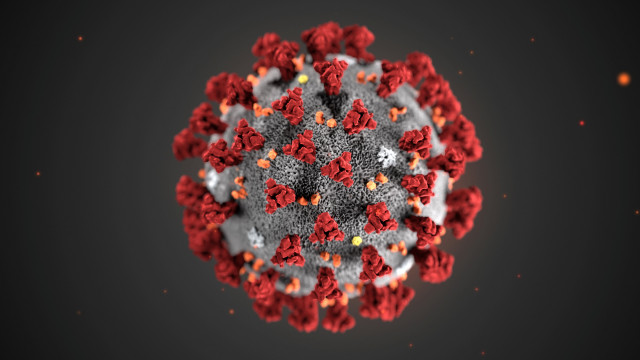Epidemics and ethics
Let us not let the virus drive a bigger wedge between the haves and have-nots

PHOTO: REUTERS
At the individual level, the need to protect the privacy of patients is paramount. Unfortunately, little attention was paid to privacy when the first confirmed case was announced about a week ago. This should not have happened, and should not happen ever again. In a country where there is a lot of real anxiety, lack of privacy can be a death sentence for patients and their loved ones. Where rumour mills churn at breakneck speed, misinformation can cause permanent harm to people, their families and their livelihoods. Patient dignity and privacy should remain an absolute red line, never to be crossed by individuals or the media. In the marketplace, ethical practices should hold us accountable to the highest standards of morality and dignity, and hold us back from becoming a victim to impulses of increasing prices of essential — and at times — life-saving commodities.
Ethics, however, is not just for the individual shopkeepers or those in media. At the policy and government level, ethical conduct is as critical. While in the past few days, the federal government in Islamabad, and the provincial government in Karachi have tried to control the narrative, more needs to be done to build trust among the citizens. First, the government has to ensure that accurate information in a transparent manner is provided to the public. People should not have to wait for the next press conference to find out what is happening in the country. The citizens of the country deserve honesty and full support from their government which should not be affected by our trade or economic ties with any country.
Second, experts in infectious diseases and public health should be at the forefront of the conversation, not ministers of information or those who have excelled in nothing but political bickering, partisanship and lowly attacks on political opponents. The government also needs to reign in its own senior leadership that creates misinformation and gives terrible advice (e.g. do-it-yourself masks with kitchen items) at this time.
A uniform policy should guide us at this junction. From the looks of things the current policy seems at best ad hoc and impulsive. For example, why are the schools in Sindh closed for nearly two weeks and other provincial areas, including the federal capital, remain open? Is there a greater risk to children in Sindh? If so, what is that greater risk? The schools in Karachi are going to be closed, but the PSL schedule remains unaffected. If there is a real risk to children in tight spaces, aren’t stadiums also a high-contact area?
Finally, ethics demand that access to healthcare and clear information should not remain the domain of the privileged. Those who struggle under the burden of daily existence are just as deserving of support, honest information, testing and care as the wealthy, well-connected and well-resourced. Let us not let the virus drive a bigger wedge between the haves and have-nots. Instead we need to recognise that we are all in this together, and all of us deserve transparency and an equitable access to care.
Published in The Express Tribune, March 3rd, 2020.
Like Opinion & Editorial on Facebook, follow @ETOpEd on Twitter to receive all updates on all our daily pieces.














COMMENTS
Comments are moderated and generally will be posted if they are on-topic and not abusive.
For more information, please see our Comments FAQ